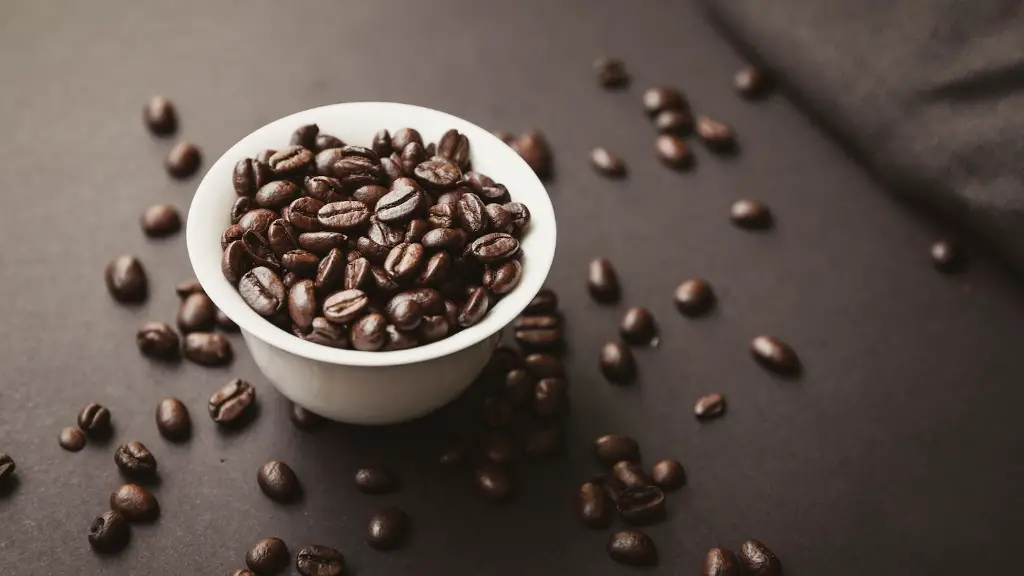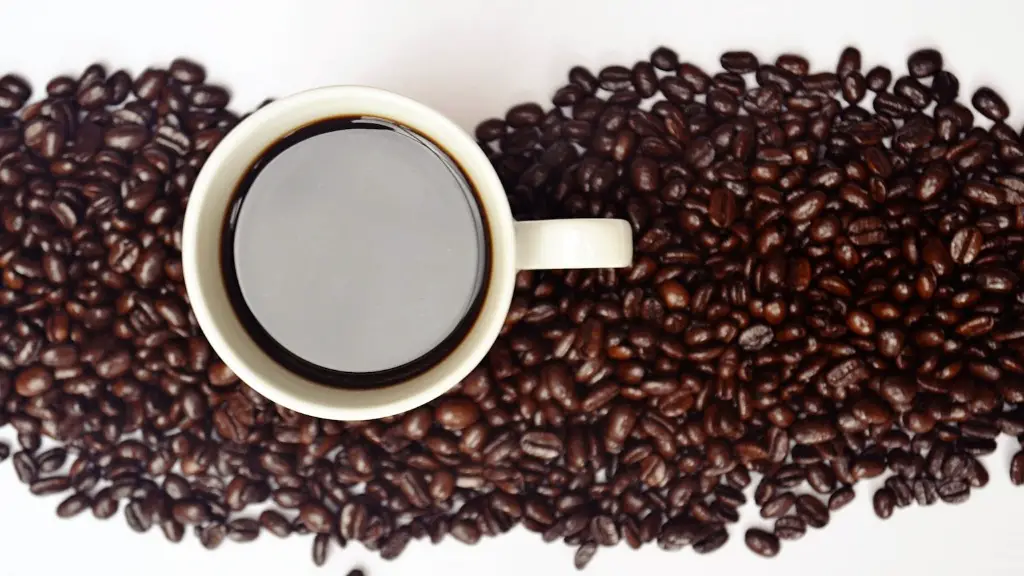Coffee and Fasting Blood Tests
Coffee is one of the most popular drinks in the world, and it’s become an important part of many people’s lives. We often take for granted the effect it has on our bodies when we’re consuming it regularly. But what happens when you’ve to take a fasting blood test, and you want to continue drinking your coffee?
According to experts, coffee is known to affect the accuracy of the results of a fasting blood test. When you consume caffeine, your body releases adrenaline, which can raise your heart rate and cause your body to burn glucose faster than it usually would. Since glucose is one of the substances being tested in a fasting blood test, this can lead to inaccurate results.
If you’re planning on taking a fasting blood test, it’s best to avoid coffee for at least 8-12 hours prior to your test. During this time, you should also avoid other caffeinated drinks like tea, soda, and energy drinks. Also, try to limit your consumption of other heavily processed foods like candy, cakes, and ice cream.
When it comes to fasting blood tests, the importance of following instructions from your doctor and sticking to their prescribed instructions cannot be underestimated. Make sure to clarify whether or not you are allowed to drink coffee prior to a fasting blood test so that your results are as accurate as possible.
Is Coffee Connected to Heart Health?
Studies have long been conducted to understand how much coffee drinkers are at risk for developing heart issues. The results of these studies have been mixed, with some suggesting that those who consume coffee on a regular basis are at greater risk while others suggest that moderate coffee consumption can be beneficial.
For example, one study found that regularly drinking coffee—even more than three cups a day—was linked to a decrease in one’s risk of coronary heart disease. On the other hand, another study showed an increased risk of stroke when participants drank four or more cups of coffee a day.
Overall, it seems like the amount you consume plays a larger role in the potential health risks involved with drinking coffee than whether or not you drink it. In general, those who consume moderate amounts—approximately 2-4 cups a day—are not at any more risk for developing heart problems than those who don’t drink coffee at all.
Can Too Much Coffee have a Negative Impact on Blood Pressure?
The question of whether or not coffee is beneficial for your health is a complicated one, especially when it comes to blood pressure. Numerous studies have shown that it can have both positive and negative effects on your blood pressure, depending on how much you consume.
One meta-analysis found that drinking up to 4 cups of coffee per day had a positive effect on blood pressure, but drinking more than 4 cups had a negative effect. This suggests that consuming moderate amounts can actually be beneficial, while drinking too much could be harmful.
However, this meta-analysis also looked at the impact of coffee on people who already had hypertension. It’s still unclear how coffee consumption affects people with normal blood pressure, so further research is needed in this area before any definitive conclusions can be made.
Can Coffee Help Improve Mental Focus?
Most of us have experienced the “jolt” of energy that a cup of coffee can deliver. Many people actually rely on that feeling to get through the day and stay productive. So, is there any truth to the idea that coffee can help improve concentration and mental focus?
Research has found that, yes, coffee can help with focus and alertness. Caffeine is known to stimulate the central nervous system, which helps to reduce fatigue and improve concentration. It also has been found to improve reaction time and overall cognitive performance, making it an important part of many people’s daily routines.
What other Health Benefits Does Coffee Have?
While research on the potential health benefits of coffee is still ongoing, there are already some fairly clear results. For example, coffee has been found to reduce the risk of developing certain types of cancer and liver disease. It has also been linked to a lower risk of metabolic syndromes such as diabetes and obesity.
Coffee also contains powerful antioxidants that can help reduce inflammation and fight the effects of aging. This makes it a beneficial drink for anyone looking to keep their skin looking young and healthy.
Finally, coffee has also been linked to a decreased risk of Alzheimer’s disease and other forms of dementia. While this is still an emerging area of research, the evidence so far is promising and further studies are needed to confirm the potential benefits.
What Should You Do If You Want to Drink Coffee Before a Fasting Blood Test?
If you do decide to drink coffee prior to a fasting blood test, the best thing to do is to consult with your physician. They will be able to advise you on the best way to prepare for the test and any potential risks that might be involved.
When it comes to fasting blood tests, it’s always best to adhere to the instructions given by your doctor in order to get the most accurate results. Coffee can have an effect on the outcome of your test, so it’s important to discuss it with your doctor if you plan on drinking it before the test.
What about Decaffeinated Coffee?
When it comes to caffeine and fasting blood tests, it’s important to remember that decaffeinated coffee still contains small amounts of the stimulant. The amount of caffeine in decaffeinated coffee varies depending on the brand and preparation method, but it can still be enough to interfere with your test results.
For this reason, it’s best to avoid decaffeinated coffee before a fasting blood test. If you’re still looking for a caffeine fix, either opt for caffeine-free herbal tea or just wait until after your test has been completed.
The Final Verdict on Coffee and Fasting Blood Tests
It’s clear that there are both potential benefits and risks associated with drinking coffee. If you’re planning on taking a fasting blood test, it’s important to make sure you follow your doctor’s instructions carefully and limit your caffeine intake.
Overall, moderate coffee consumption can be beneficial for your health, but it’s important to remember that it can have an effect on the results of a fasting blood test. So, if you’re planning on taking one, it’s best to avoid coffee for at least 8-12 hours prior to the test.


